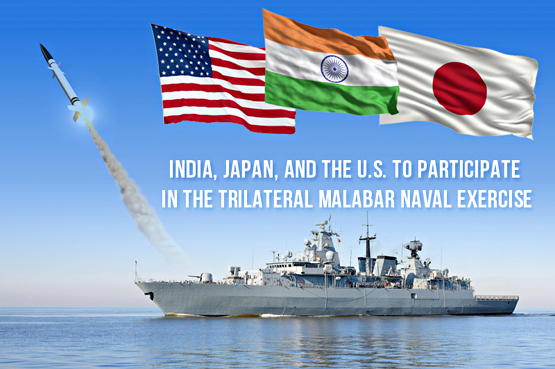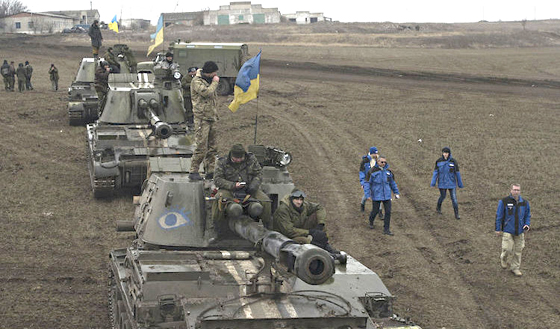
For years, the US, Japan and India have maintained Malabar military exercises on an annual basis. As the US and Japan are absolutely aligned countries and India is a Washington regional strategic partner, the common objective of the three participants is to face the Chinese advance and to strengthen a coalition against Beijing and its presence in the Indian Ocean. Now, with the increasing of tensions between China and the United States for naval supremacy and between China and India for territorial reasons, Malabar exercises take on a new dimension, being the moment of greatest risk of war in the region in recent years.
Since 2017, Australia has asked to join Malabar naval exercises. The US and Japan have already voted in favor of the Australian participation, but India has not allowed it – the US, Japan and India are the permanent members of the tests and the adherence of a new country depends on a unanimous vote. There was a logistical disagreement between India and Australia, which prevented them from reaching a consensus on the execution of the exercises. In June, both countries signed a mutual logistical support agreement, thus removing the obstacle to Australian participation. Now, as the impasse with China increases, India can change its vote and finally approve Australian participation. The result would be an even stronger coalition scenario against China, which would certainly respond accordingly.
Beijing will not allow its oceanic region to be the target of powerful military exercises by enemy powers without offering high-level war tests in return. China has recently reached an advanced stage of naval military power, practically equaling American power by crossing the International Date Line. In addition, China has significantly increased its military campaign in the South China Sea and has built a large fleet for the Arctic. It is this adversary that the Malabar coalition is facing when promoting a siege in the Indian Ocean. So, what will happen if China invests even more in naval power, modernizing its Navy and devoting itself to a military strategy focused on maritime defense?
Continue reading “India Should Not Participate in Washington-Led Anti-China Coalition”






